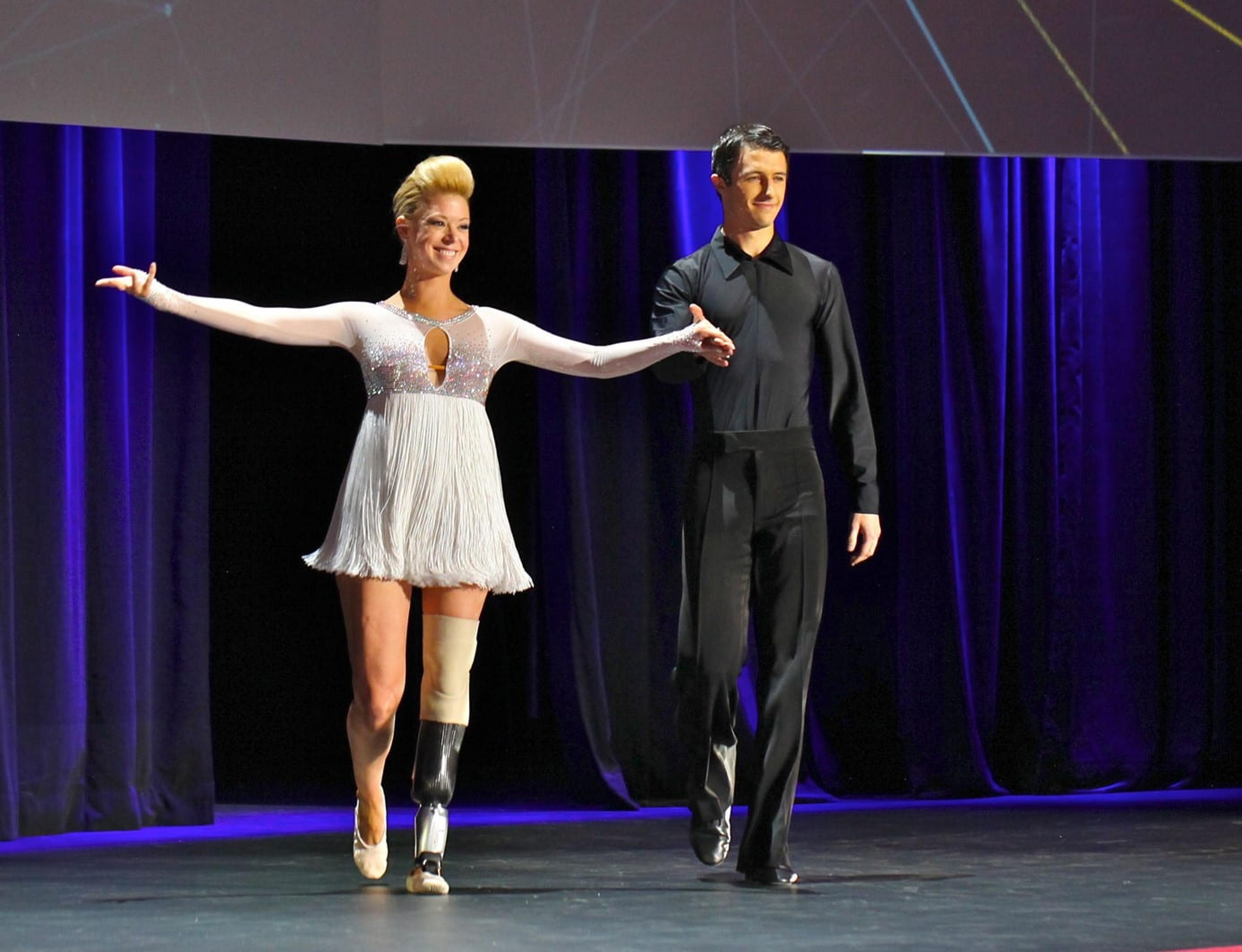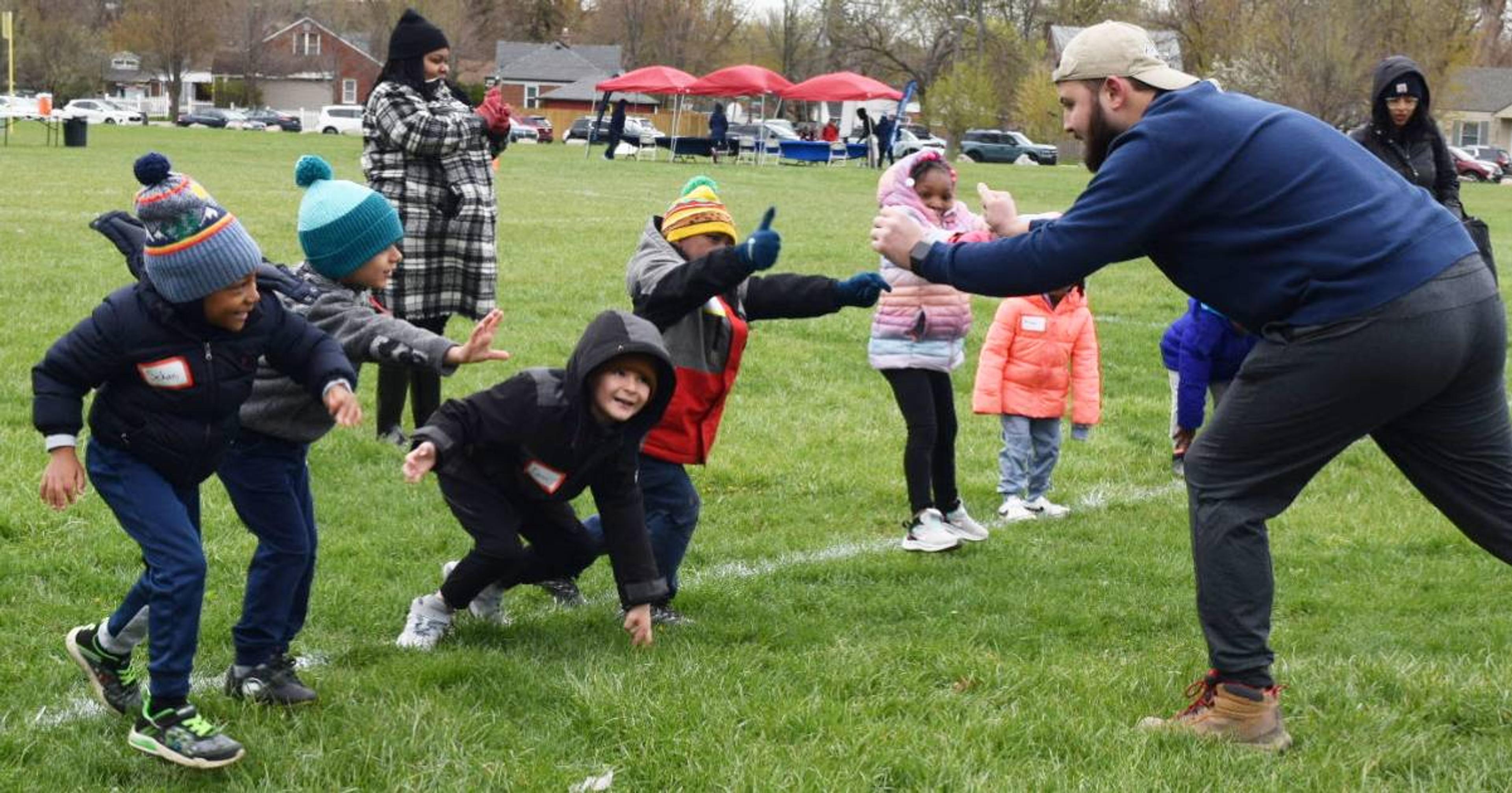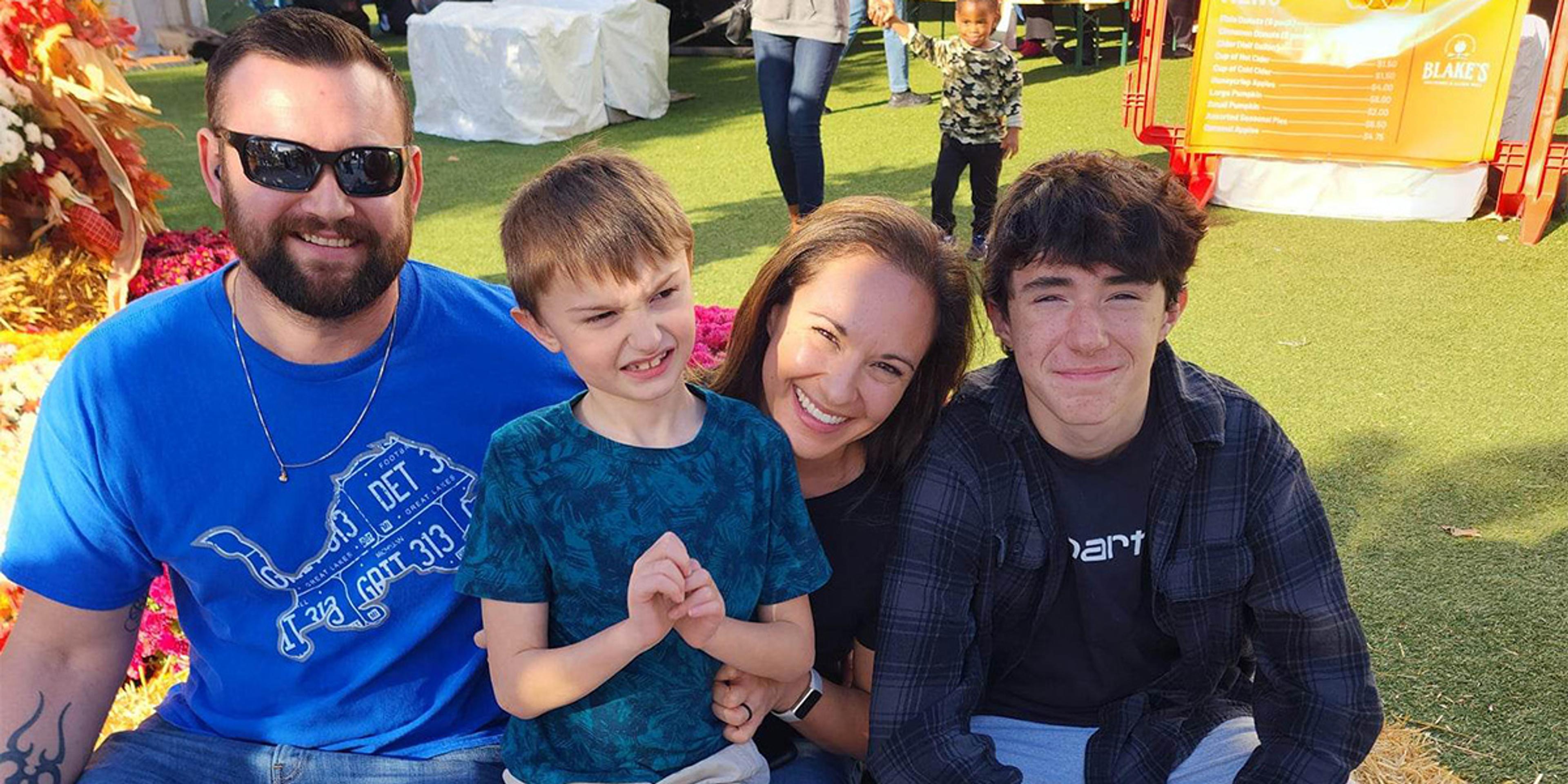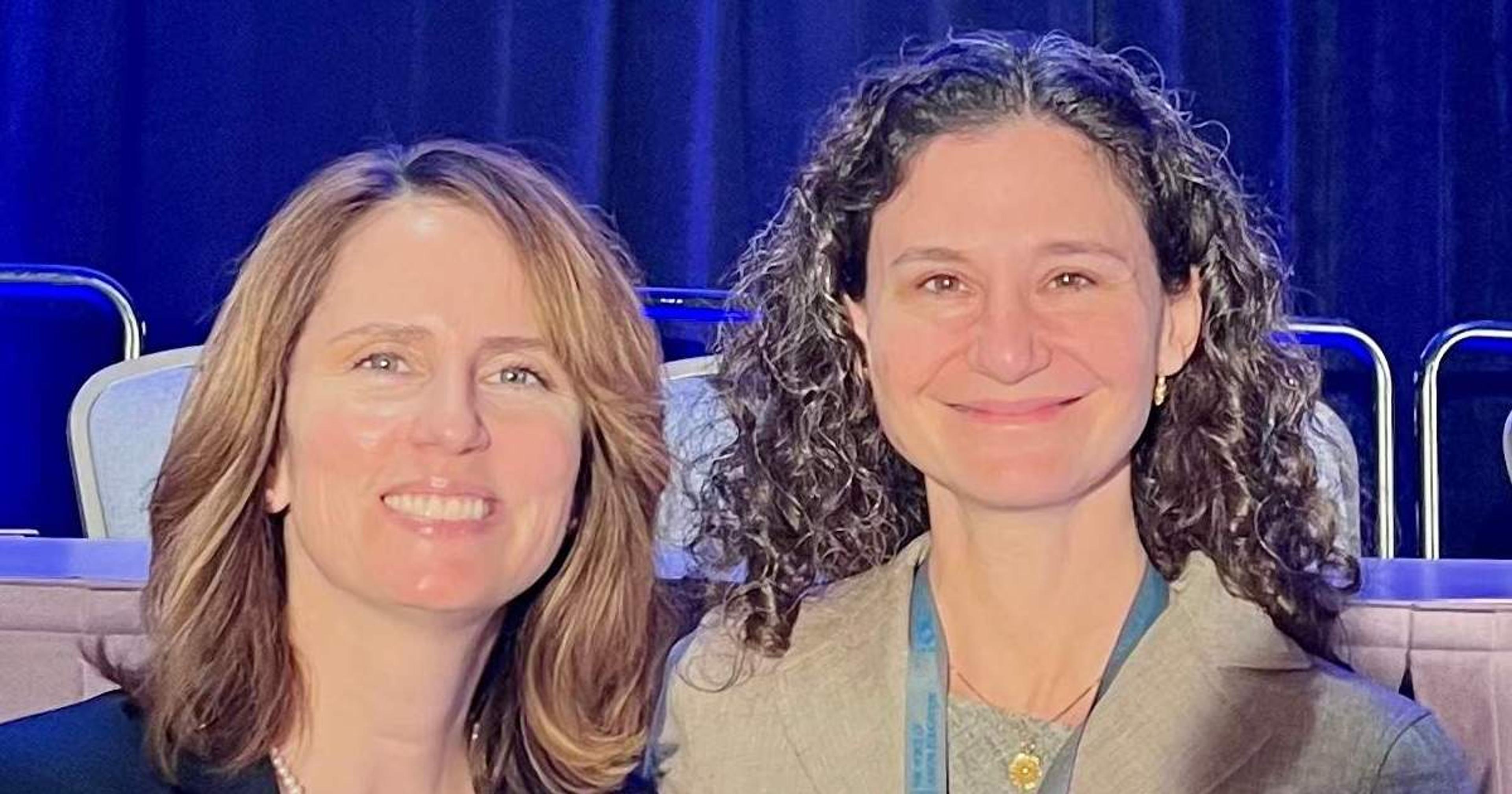Bombing Survivor Shares Life Lessons with Kalamazoo USTA Tourney Audience
Julie Bitely
| 4 min read

As a 5-year-old, Adrianne Haslet-Davis knew exactly what, or rather who, she wanted to be: Ginger Rogers.

Boston Marathon bombing survivor Adrianne Haslet-Davis
(Courtesy photo) Although the Seattle native took a detour through the corporate world, she never gave up on her vision to become a professional dancer. She’d work her 9-to-5, then dance into the wee hours of the morning. Despite rejection after rejection on auditions, Haslet-Davis eventually made her mark in the dance world, earning international honors and fulfilling her dream of going pro. On the morning of April 15, 2013, that dream turned into a nightmare as Haslet-Davis lost her left leg below the knee in the bombings that rocked the Boston Marathon. She’d settled in the city to continue her dance career and was taking a rare rest day. Watching the elite runners cross the finish line on television inspired her to go check out the scene. As she turned onto Boylston Street, she felt the blast. Conscious the entire time, she looked down and realized her foot was gone. Two thoughts raced through her mind. “There goes Ginger,” she said. “And, this is it.” Thankfully, life went on for Haslet-Davis, although she said it isn’t always easy. The dancer was in Kalamazoo yesterday as the keynote speaker for the 11th annual Salute to Healthy Living breakfast, which serves as a kickoff to the United States Tennis Association Boys’ 18 & 16 National Tournament that runs through Aug. 14. Blue Cross Blue Shield of Michigan and Blue Care Network sponsor the breakfast and tournament. In the years since the bombings, Haslet-Davis hasn’t wasted a second, relearning how to walk and then how to dance, debuting her reclaimed skills on the TED stage, a lifelong dream. She’s gone swimming with sharks, climbed mountains, and traveled extensively to share her story. Earlier this year, she triumphantly crossed the marathon finish line in Boston, an excruciating run due to heat-induced swelling. “I knew how much the marathon meant to Boston and that so many people were rallying around us,” she said. Haslet-Davis believes life comes down to choices and that everyone has the internal strength to pursue and achieve whatever they hope to accomplish. Throughout her talk in Kalamazoo, she touched on the following five life lessons:
(Courtesy photo) Although the Seattle native took a detour through the corporate world, she never gave up on her vision to become a professional dancer. She’d work her 9-to-5, then dance into the wee hours of the morning. Despite rejection after rejection on auditions, Haslet-Davis eventually made her mark in the dance world, earning international honors and fulfilling her dream of going pro. On the morning of April 15, 2013, that dream turned into a nightmare as Haslet-Davis lost her left leg below the knee in the bombings that rocked the Boston Marathon. She’d settled in the city to continue her dance career and was taking a rare rest day. Watching the elite runners cross the finish line on television inspired her to go check out the scene. As she turned onto Boylston Street, she felt the blast. Conscious the entire time, she looked down and realized her foot was gone. Two thoughts raced through her mind. “There goes Ginger,” she said. “And, this is it.” Thankfully, life went on for Haslet-Davis, although she said it isn’t always easy. The dancer was in Kalamazoo yesterday as the keynote speaker for the 11th annual Salute to Healthy Living breakfast, which serves as a kickoff to the United States Tennis Association Boys’ 18 & 16 National Tournament that runs through Aug. 14. Blue Cross Blue Shield of Michigan and Blue Care Network sponsor the breakfast and tournament. In the years since the bombings, Haslet-Davis hasn’t wasted a second, relearning how to walk and then how to dance, debuting her reclaimed skills on the TED stage, a lifelong dream. She’s gone swimming with sharks, climbed mountains, and traveled extensively to share her story. Earlier this year, she triumphantly crossed the marathon finish line in Boston, an excruciating run due to heat-induced swelling. “I knew how much the marathon meant to Boston and that so many people were rallying around us,” she said. Haslet-Davis believes life comes down to choices and that everyone has the internal strength to pursue and achieve whatever they hope to accomplish. Throughout her talk in Kalamazoo, she touched on the following five life lessons:
- Believe you can. When she was still in the hospital, a doctor discouraged her from believing that she could dance again. He said it couldn’t be done and that she had a one in a million chance of returning to the stage. After kicking him out of her room, she vowed to prove him wrong. “When someone tells you something can’t be done, it’s more a reflection of their limitations, not yours,” she said.
- Share your dream with others. In an interview with Anderson Cooper, Haslet-Davis proclaimed that she would dance again and that she’d eventually run the marathon. She jokes that a little Vicodin may have bolstered her, but that ultimately she meant every word, and putting it out there publicly kept her accountable. Her friends and family cheered her on to accomplish those goals and Haslet-Davis said it shouldn’t take losing a limb for someone to pursue their passions. “Make your dreams come true,” she said. “Life is short.”
- Celebrate small victories. Before she stepped on the TED stage for her first prosthetic-enabled performance, Haslet-Davis cried as she waited for her cue to come out. She realized that in her previous life, despite achieving success, she didn’t always stop to appreciate it. A third-place finish wasn’t good enough, wasn’t worthy of celebrating when first-place was so close, but now, she appreciates every step of her journey. “I was proud of myself for just showing up,” she said.
- Give back. Haslet-Davis is acutely aware that her story could have a different ending. Instead of dwelling on what could have been, she chooses to channel her energy into making positive change for people less fortunate. She’s active with Limbs for Life, the United Service Organizations, and other philanthropic causes. She also advocates for disability rights when it comes to access to prosthetics. “You have choices in life. You can linger in a moment or you can go do something,” she said. “I just feel so lucky to be alive.”
- Take nothing for granted. “Something can change your life in a matter of three seconds,” she said. “Make them all count.”
To learn more about Haslet-Davis, visit her website. Main image photo credit: Steve Jurvetson (image has been cropped)





